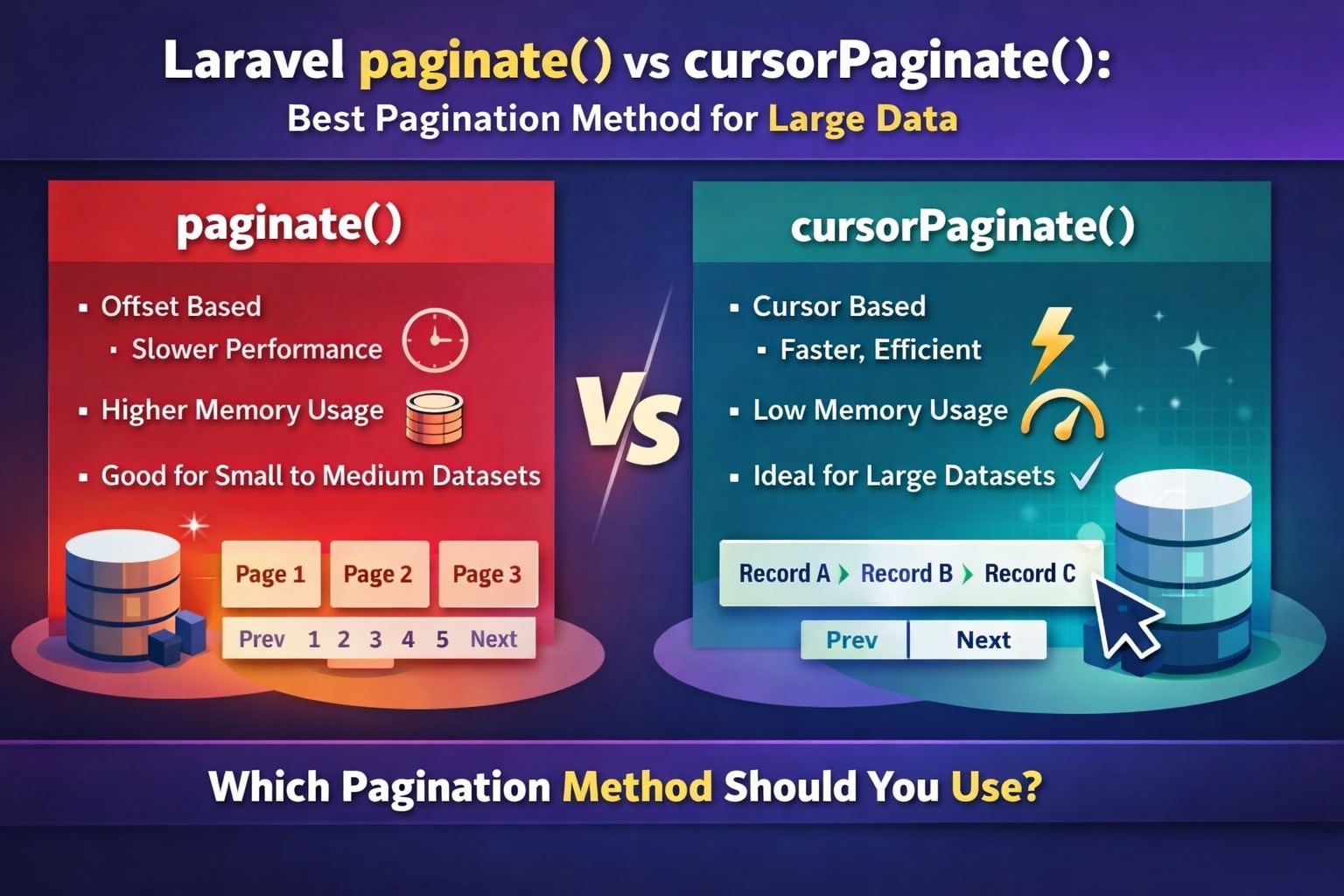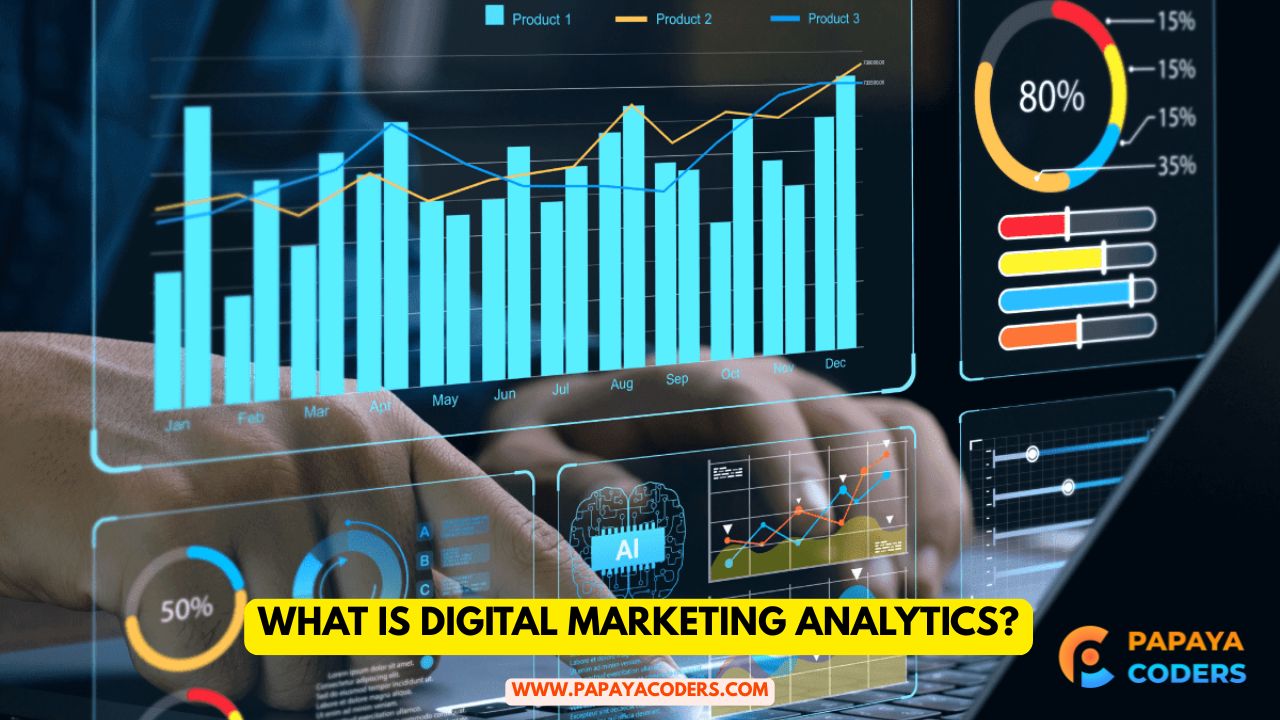Staying ahead of the curve in digital marketing requires a deep understanding of various tools and strategies. One such critical aspect is the Search Engine Results Page (SERP).
Mastering SERP is a must for businesses aiming to enhance their online visibility. This blog will delve into what SERP is, its significance in digital marketing, and how businesses can optimize their presence on it.
Let’s divini know What is SeRp in Digital Marketing.
What is SERP?
SERP stands for Search Engine Results Page. It is the page that search engines like Google, Bing, or Yahoo display after a user inputs a query. This page is the gateway to information, showcasing organic results, paid ads, videos, images, and featured snippets.
Each SERP is unique and tailored to the user’s search intent and geographical location. The goal of every digital marketer is to secure a prominent position on this page, as higher visibility translates to increased traffic and, ultimately, more conversions.

Why is SERP Important in Digital Marketing?
- Enhanced Visibility: Ranking high on the SERP ensures that your website is seen by potential customers, driving organic traffic.
- Credibility and Trust: Websites appearing at the top of the SERP are often perceived as more trustworthy by users.
- Increased Click-Through Rate (CTR): A higher position on the SERP means a greater likelihood of users clicking on your link.
- Competitive Advantage: Dominating the SERP helps businesses stay ahead of competitors in their niche.
- Revenue Growth: With more visibility and traffic, businesses can see a direct impact on their sales and revenue.
Key Elements of a SERP
- Organic Search Results: These are unpaid results based on the relevance of the content to the user’s query.
- Paid Ads (PPC): Paid search ads appear at the top or bottom of the SERP and are marked as “Ad.”
- Featured Snippets: Highlighted content that directly answers a query, often appearing above organic results.
- People Also Ask (PAA): A section showing related questions and their brief answers.
- Rich Results: These include videos, images, star ratings, and other interactive elements to engage users.
How to Optimize for SERP in Digital Marketing
To dominate the SERP, businesses need a well-rounded SEO strategy. Here are actionable tips:

1. Keyword Research
Identifying and targeting the right keywords is important. Use tools like Google Keyword Planner or SEMrush to find high-volume, low-competition keywords related to your topic. Incorporate your main keyword, “SERP in digital marketing,” strategically into your content.
2. Quality Content Creation
Search engines prioritize content that is valuable, relevant, and engaging. Craft blog posts, videos, and infographics that address user queries comprehensively. Ensure your content aligns with the search intent.
3. On-Page SEO
Optimize your website with the following:
- Title Tags: Include the primary keyword in your title tag.
- Meta Descriptions: Write compelling descriptions with keywords.
- Header Tags: Structure your content using H1, H2, and H3 tags.
- Alt Text: Add descriptive alt text to images.
4. Mobile Optimization
With most searches happening on mobile devices, having a responsive website is non-negotiable. Google’s Mobile-First Indexing means your mobile site’s performance directly affects your ranking.
5. Build Backlinks
High-quality backlinks signal to search engines that your site is authoritative. Focus on earning links from reputable sources in your industry.
6. Leverage Local SEO
Optimize your Google My Business profile for businesses targeting local audiences and ensure consistent NAP (Name, Address, Phone Number) information across platforms.
7. Use Structured Data
Implement schema markup to help search engines understand your content better. This can enhance your chances of appearing in rich snippets.
Common Challenges in SERP Optimization
| Challenge | Description |
|---|---|
| Algorithm Updates | Frequent changes to search engine algorithms can disrupt rankings. |
| High Competition | Competing for top positions in competitive niches can be daunting. |
| User Behavior Changes | Evolving search habits require constant adaptation of strategies. |
| Technical SEO Issues | Problems like slow loading speeds or broken links can hinder search rankings. |
Measuring SERP Success
To track the effectiveness of your SERP strategies, monitor the following metrics:
- Ranking Position: Use tools like Ahrefs or Moz to check your keyword rankings.
- Click-Through Rate (CTR): A high CTR indicates effective meta titles and descriptions.
- Organic Traffic: Analyze your website traffic through Google Analytics.
- Bounce Rate: A low bounce rate suggests users find your content valuable.
- Conversion Rates: Measure how well your site converts visitors into customers.

Future Trends in SERP
- Voice Search Optimization: With the rise of voice assistants, optimizing for conversational queries is becoming essential.
- AI-Driven Results: Search engines are increasingly using AI to deliver personalized results.
- Visual Search: Platforms like Google Lens are changing how users search for information.
- Zero-Click Searches: More searches end without a click, making featured snippets and rich results vital for visibility.
Conclusion:-
Understanding and optimizing SERPs in digital marketing is a game-changer for businesses that want to enhance their online presence. You can gain a prominent position on SERPs by focusing on effective SEO strategies, creating valuable content, and staying updated with industry trends. Consistency, adaptability, and a user-first approach are the keys to success.
By mastering SERP, you’re improving rankings and building a credible and sustainable digital brand.








